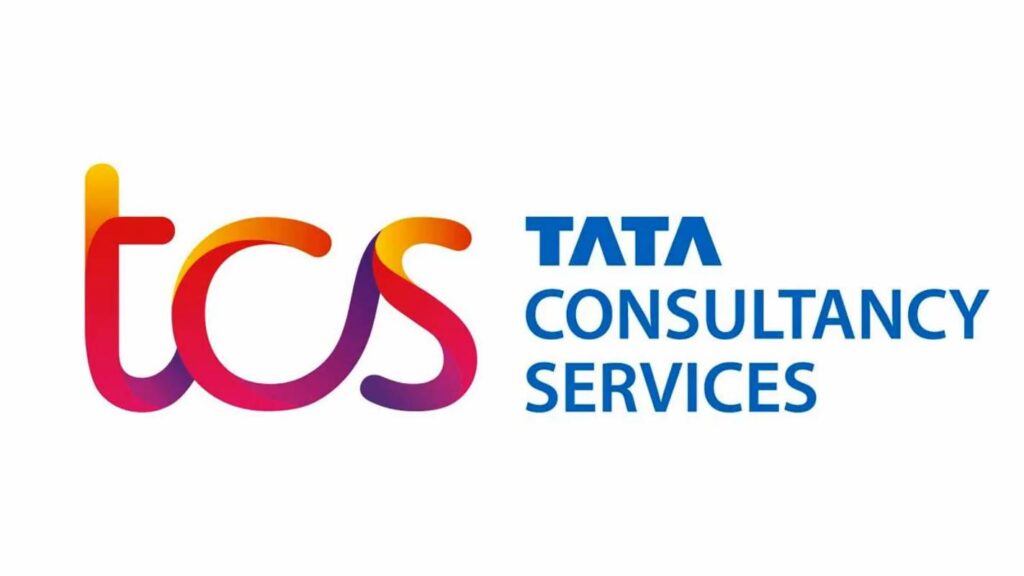Working at Tata Consultancy Services (TCS), one of India’s largest IT companies, is a dream come true for many. But one thing within TCS that can be a source of stress and uncertainty for employees is the Bench Period. Recently, the term TCS Bench Period 35 Days has come to the forefront of discussion again. We will know what this ‘bench period’ actually is, why these 35 days are important, and how employees should manage this time.
What is Bench Period?
Almost all large IT companies, including TCS, have an internal system called “Bench”. Being on the bench means that you are not currently assigned to a specific project. You are still an employee of the company, you are getting a salary, but there is no client-based work for you for the time being.
This period can generally be called the transition period—the time between the end of the old project and getting assigned to a new project.
So what is the “TCS Bench Period 35 Days”?
Recently, some internal policies of TCS have mentioned that if someone is on the bench for 35 days or more, and does not get a place in a project during that time, then his job may be at risk.
That is, these 35 days are like an “unwritten deadline” – if you do not get a project or upgrade any skill within this period, the company can roll you off or the RMG (Resource Management Group) can send you to the Exit process.
Why do employees get benched?
In a large company like TCS, getting benched is not very uncommon. Some of the reasons are:
- Project completion
- Client’s budget reduction
- New skills required but the employee does not have those skills
- Location mismatch or inappropriate assignment
- Shortage of work during business slowdown or recession time
What should be done within 35 days?
This time is not a time to get frustrated, but rather an opportunity to prepare yourself. Here are some important things to do:
✅ 1. Upgrade your skills
Learn new skills on platforms like TCS’s iON, Xplore, TCS Learning Hub. Data Science, Cloud, DevOps, Python, Automation—such in-demand skills will help you get projects faster.
✅ 2. Be proactive
Update your portal. Stay in regular contact with RMG. You need to show that you are interested. If necessary, find projects yourself and contact HR.
✅ 3. Prepare for Interview and Assessment
You may have to give technical interviews to get some project assignments. Prepare for that.
✅ 4. Have location flexibility
Sometimes there are good projects but not in your current location. If you are willing to relocate, then the chances of getting off the bench increase.
✅ 5. Keep documentation in order before roll-off
If you understand that 35 days are about to pass and there is no opportunity to join any project, then keep your work reports, testimonials, skill certificates, etc. updated.
Does being on the bench mean losing your job?
No, being on the bench does not mean that you will lose your job. TCS is a stable and employee-friendly company. Many people have got work in new projects even after being on the bench for 45 or 60 days. However, if no activity is shown after 35 days, the company can start the exit process.
In that case, those who are sent to the Performance Improvement Plan (PIP) are given a fixed time to prove themselves. So it is better to be proactive in advance.
How to handle stress?
The bench period often turns into stress. When everyone around is busy with projects, your own laziness can create inferiority complex. Here are some tips:
- Don’t lose confidence
- Talk to your family, open your mind
- Maintain physical fitness
- Set small goals and move forward
TCS’s vision
TCS always says that they want to upskill employees, not lose jobs. Training, courses, mentors and guidelines are provided for employees on the bench. So 35 days does not mean losing jobs—but it is time to be careful.
Conclusion
“TCS Bench Period 35 Days” is not a panic, it is a warning sign. If you prepare in advance, improve your skills and be proactive, then you can use this time to your advantage.
There will be uncertainty in the job world, but with preparation, confidence and a positive mindset, you can turn around from any situation.
